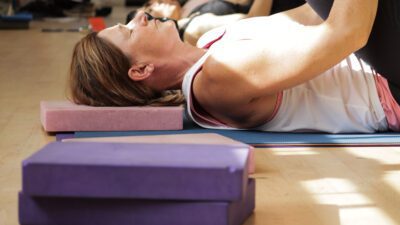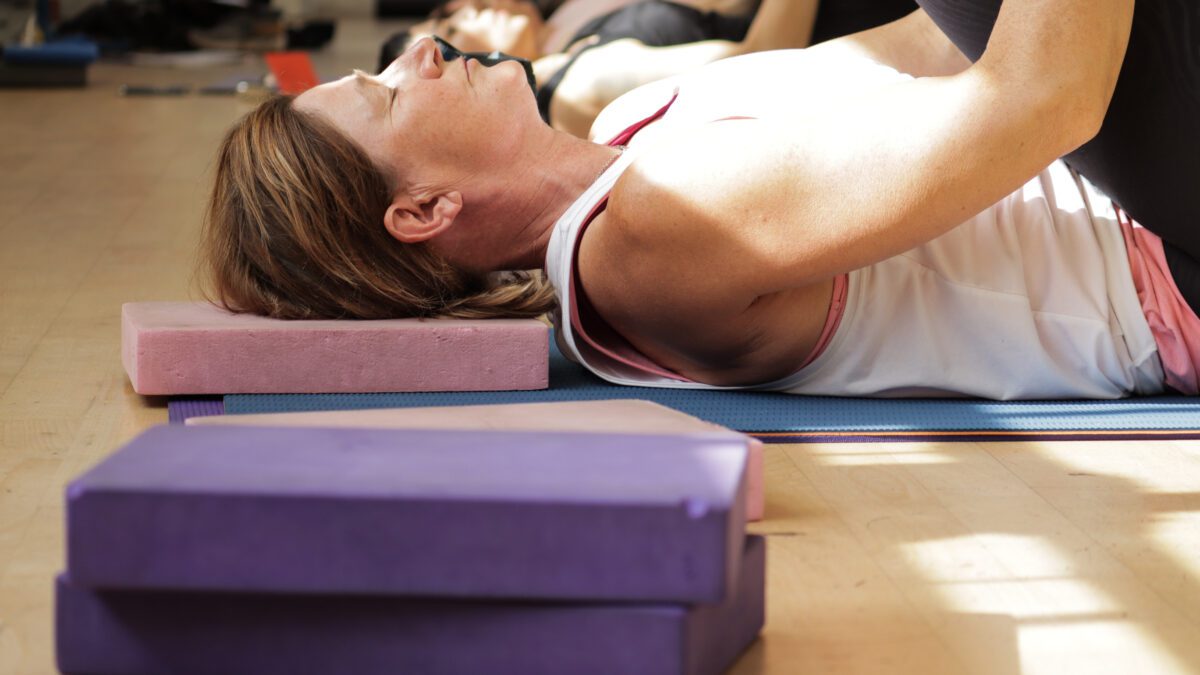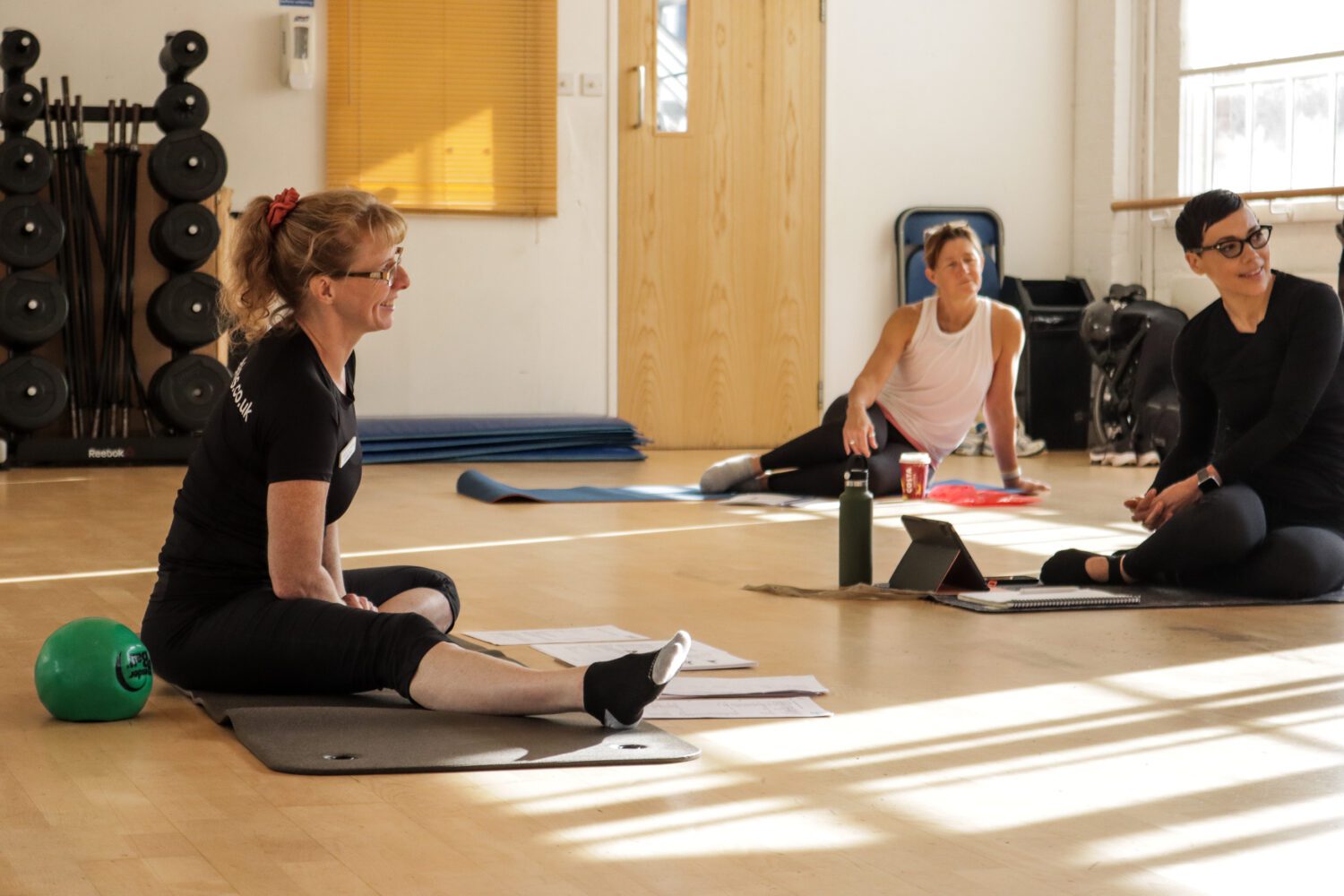



Pilates is a low impact exercise that was developed in the early 20th century by Joseph Pilates. It consists of a range of controlled movements that flow into one and other and are designed to enhance your physical and mental health. Pilates is described to develop your powerhouse, otherwise known as a ‘strong core’. Your powerhouse is responsible for the foundation of the whole body affecting balance and stability which facilitates everyday activities.
In this article, we are going to explore the brain and body benefits of Pilates to uncover what Pilates could do for you.
Many people see Pilates as a fairly recent fitness craze, however, this form of exercise has been practised since the early 1920s when it was first developed by Joseph Pilates. Back then it was designed as a method of body conditioning and rehabilitation. Joseph Pilates based his work on three main principles; Breath, whole body health and commitment. The whole body encompasses the mind, body and spirit.
Interestingly, some of the first people treated by Pilates were soldiers who had returned from the war in need of rehabilitation and even dancers who needed to strengthen their bodies or dull aches and pains. As Pilates evolved and time went on, research into Pilates has demonstrated that there are many benefits for anyone who participates in Pilates, that go beyond strengthening and rehabilitating the body.
Pilates may look like an easy workout with simple stretches but Pilates should challenge you regardless of your ability. Each exercise is designed to improve your functionality and allow you to have better control of your body when it comes to day to day activities. Here are some of the main physical benefits that come with regular Pilates:
A quote from Joseph Pilates states that ‘in 10 sessions you will feel the difference, in 20 sessions you will see a difference and in 30 sessions you will have a whole new body’. This demonstrates that the more Pilates sessions you do and the more committed you are, the better your results will be.

Often, when people think about any form of exercise, the key focus and desired outcome is on the physical benefits. This can lead to the mental benefits getting overlooked. Although all exercise is beneficial for your mental health to an extent, Pilates in particular is a form of exercise designed to sharpen mental facilities. These mental benefits allow you to perform better in work but also in day to day tasks. Here are some of the mental benefits of Pilates:
Do I need to pay to do Pilates?
Pilates costs can vary depending on the location of the studio, the experience and training of the Pilates instructor and the equipment available at the studio. It is possible to do Pilates for free by watching on-demand youtube videos to guide you, however, attending classes will give you the best results. This is because when led by a well trained Pilates instructor, you are able to receive tailored guidance on your form and can use higher quality equipment to enhance your results.
Will I feel these benefits from attending a Pilates retreat?
If you are a busy individual who doesn’t have the time to commit to regular Pilates sessions, it may be worth considering a retreat. On the other hand, you may be someone who is already addicted to Pilates. Either way, a Pilates retreat like Reformer Retreats is a great opportunity where you will see a number of rewards. Reformer Retreats offers Pilates sessions grouped by ability to ensure you are challenged appropriately. What’s more, this particular retreat organiser has put together an itinerary designed to enhance your experience and ensure you get the most out of your Pilates weekend. Here are just a few things to expect:
It’s important to remember that although a Pilates retreat like this one will provide you with a range of mental and physical benefits such as relaxation, rejuvenation and stress relief- ultimately, to feel the true benefits of Pilates, you need to commit to doing the exercise on a regular basis, whether that be at home or in a studio.